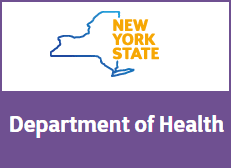Setting: Workplace
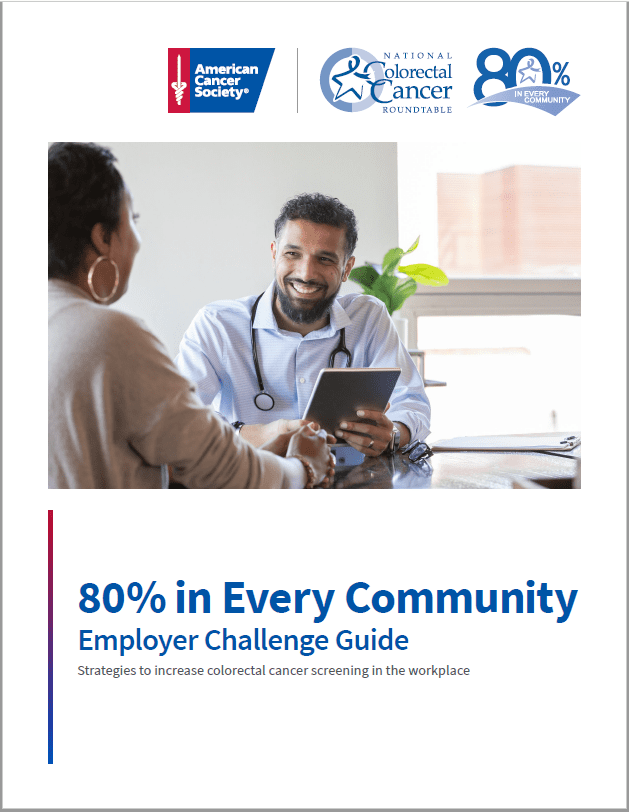
80% in Every Community Employer Challenge Guide

Webinar: 2022 Messaging Guidebook for Black & African American People: Messages to Motivate for Colorectal Cancer Screening – June 21, 2022
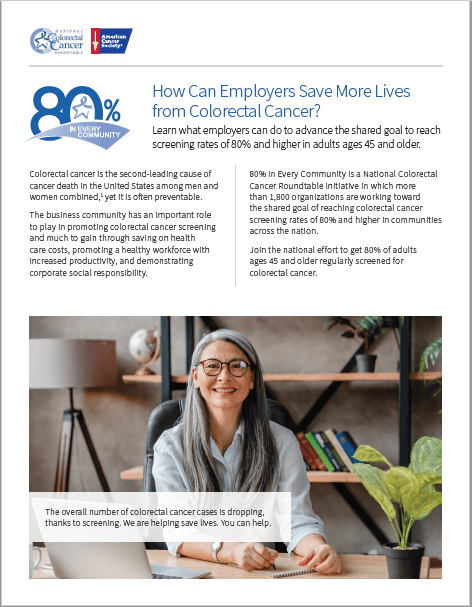
How Can Employers Save More Lives from Colorectal Cancer?
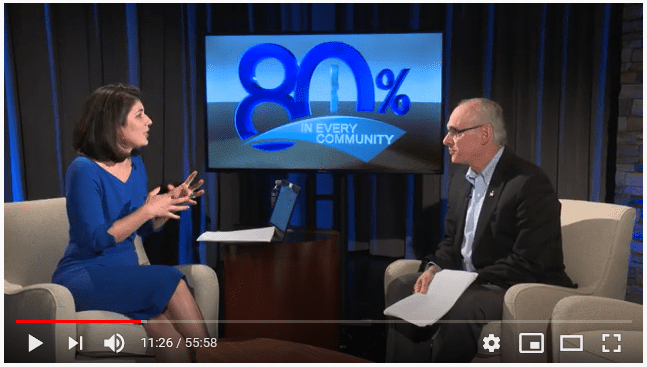
March 2020 Colorectal Cancer Awareness Month Broadcast

Webinar: 2019 Messaging Guidebook: Recommended Messages to Reach the Unscreened
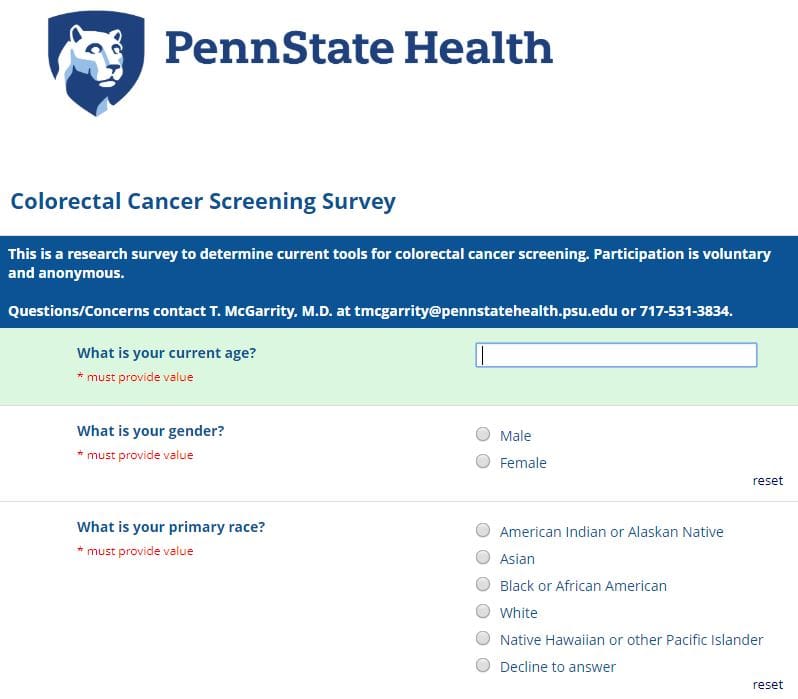
Penn State Health Electronic Employee Survey

Employer Strategies For Success – November 30, 2017
